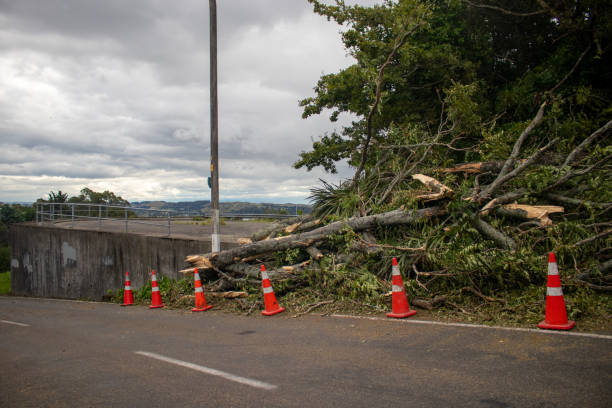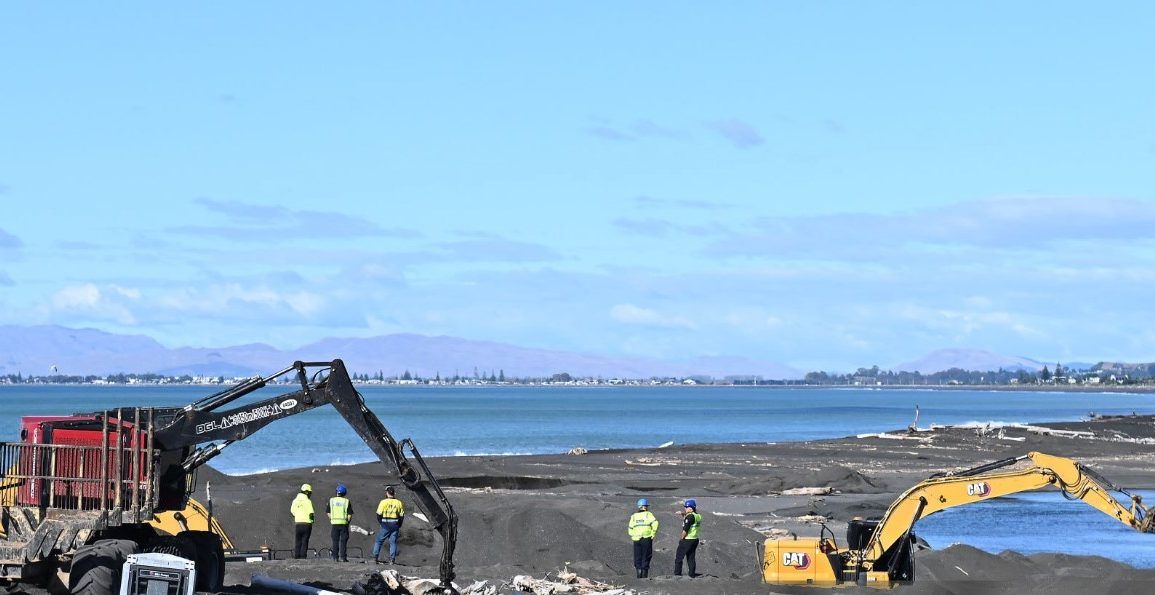The World Health Organization (WHO) has issued a stark warning: “The climate crisis is a health crisis,” a sentiment echoed by the World Economic Forum, which emphasizes the growing impact of climate change on global health.
Recent events, particularly the devastating tropical cyclone Gabrielle, have underscored this reality, particularly in the South-west Pacific and northern New Zealand.
Between February 13 and 14, 2023, Cyclone Gabrielle wreaked havoc on Te Tairāwhiti/East Coast and Te Matau a Māui/Hawkes Bay.
The cyclone resulted in widespread destruction, displacing communities, destroying homes, and crippling essential services like power and telecommunications.
In the aftermath, the New Zealand Ministry of Health commissioned a study to assess the impacts of extreme weather on health systems and community well-being.
Researchers interviewed 143 residents, including first responders and healthcare workers, revealing alarming insights.

Many vulnerable individuals, such as the elderly and those with disabilities, were overlooked during evacuations.
Mental health emerged as a pressing concern, with individuals reporting heightened levels of stress, trauma, and anxiety following the disaster.
Access to medical supplies became a critical issue for rural and isolated communities, necessitating creative solutions to transport essential medications and healthcare personnel.
Local organizations, including marae and social services, played vital roles in recovery efforts, despite facing their own challenges.
The report highlights the urgent need to prioritize vulnerable populations, invest in mental health support, ensure access to medical supplies, and foster local support networks.
As climate change continues to pose significant risks, the call for a coordinated response is louder than ever.
Local experiences must inform future planning, and resources should shift to empower communities in resilience and recovery efforts against inevitable climate events.

